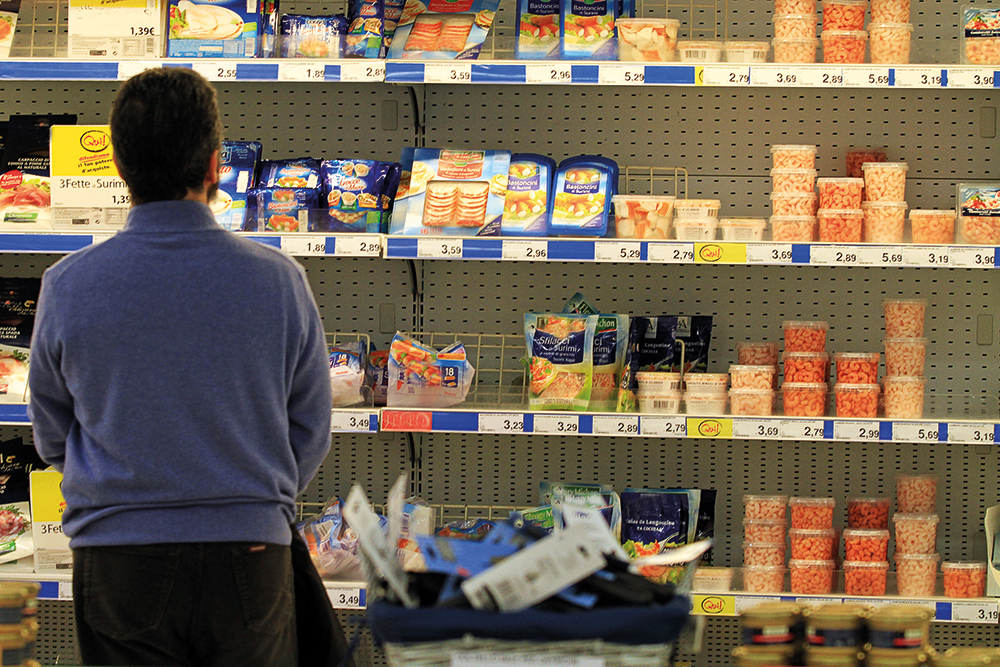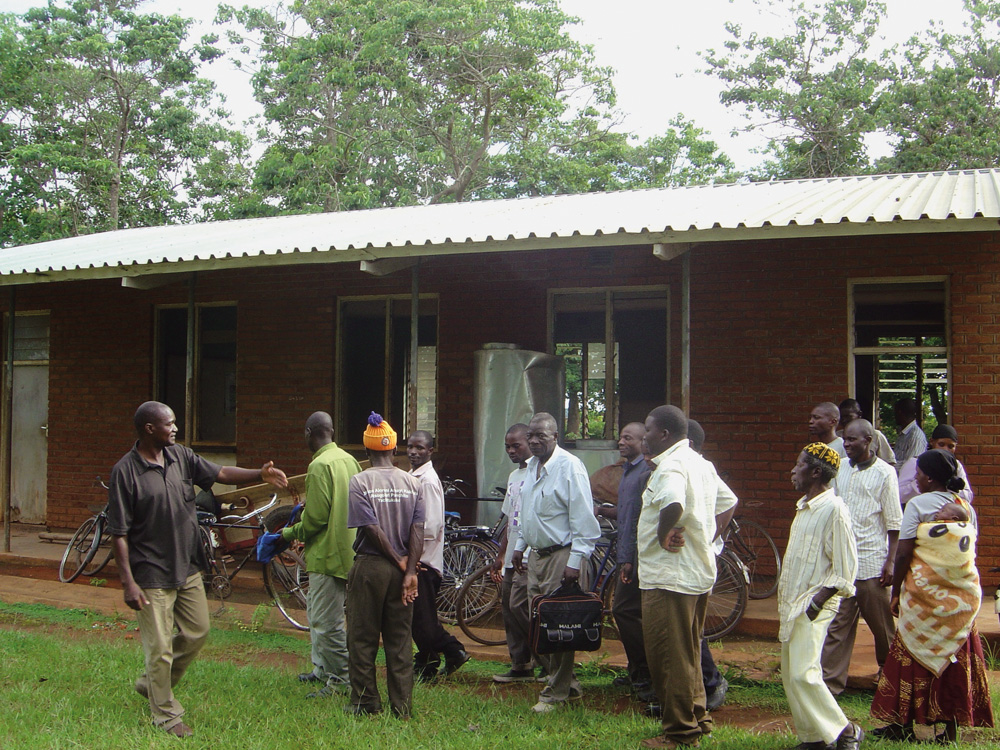Location
The international journal Rural 21 has dedicated more than 40 years to all topics surrounding rural development. Its ambition is to further those strategies and policies that strengthen rural areas of developing and newly industrialising countries and encourage their implementation. The journal addresses the complete range of relevant themes – from agriculture and fisheries via capacity building and education through to health and social security, energy supply and trade. Center-stage is always devoted to inquiring into how measures and strategies can contribute to global food security and to reducing poverty.
Rural 21 desires to further the dialogue between science and politics, the private sector, civil society and practitioners. Two platforms are designed for this purpose: Rural 21 in print is published four times a year, each issue highlighting a specific focus of rural development – this print edition is read in more than 150 countries. In parallel, Rural 21 online keeps the rural development community up to date on news and events, scientific findings and other print and online publications.
Rural 21 is published by DLG-Verlag GmbH in Frankfurt/Germany. Financial partners are BMZ (German Federal Ministry for Economic Cooperation and Development), GIZ (Deutsche Gesellschaft für Internationale Zusammenarbeit), DLG (German Agricultural Society – Deutsche Landwirtschaft-Gesellschaft), SDC (Swiss Agency for Development and Cooperation) and Helvetas Swiss Intercooperation.
The first issue of Rural 21 dates back to 1968. From 1974 to 2007, the journal was published in three languages entitled "entwicklung & ländlicher raum" / "agriculture & rural development" / "agriculture & développement rural". In 2008, the journal was relaunched as "Rural 21".
Members:
Resources
Displaying 86 - 90 of 319Sustainably financing extension services
Providing extension and advisory services is expensive. There are salaries to be paid, transportation and operational funds to be provided, buildings to be rented or built, demonstration plots to maintain, and continued education to be offered to the extension staff. And then there is the need to continually invest in an overall functioning agricultural innovation system with strong research and teaching institutions, enabling policies, as well as to make capital investments in rural infrastructure that will not only benefit the farming population.
Clarifying roles in extension processes
Rural extension services are an extremely complex affair. This is due to the wide range of constellations in which farmers operate nowadays, and also to the large number of players who are active in advisory services, with their different tasks, values and mandates. With reference to Germany’s rural extension services, our author shows who is taking on which role and where conflicts might potentially arise.
Setting out from farmer realities
The aim of the “Management advice for family farms” (MAFF) approach is to strengthen the abilities of farmers to manage their farms and improve their economic and social autonomy. In Francophone Africa, this holistic concept has been applied successfully for almost two decades.
Many actors, little coordination
As with other countries, agricultural extension and advisory services (EAS) in Malawi are provided by public, private, and non-profit organisations. While it has become commonplace to refer to this collection of actors as a system, this claim is only valid in the loosest of terms, as many of the component parts do not functionally interact with others in an operational sense, tending rather to function as independent sub-networks within larger national, and international spheres of exchange.
"Each country must define its own priorities"
Many a dogma produced by agricultural policies over the past decades has proved disastrous for African agriculture. Ms Rhoda Peace Tumusiime, Commissioner of Rural Economy and Agriculture of the African Union (AU), looks at lessons learnt and suggests ways to bring progress to Africa’s rural regions.






